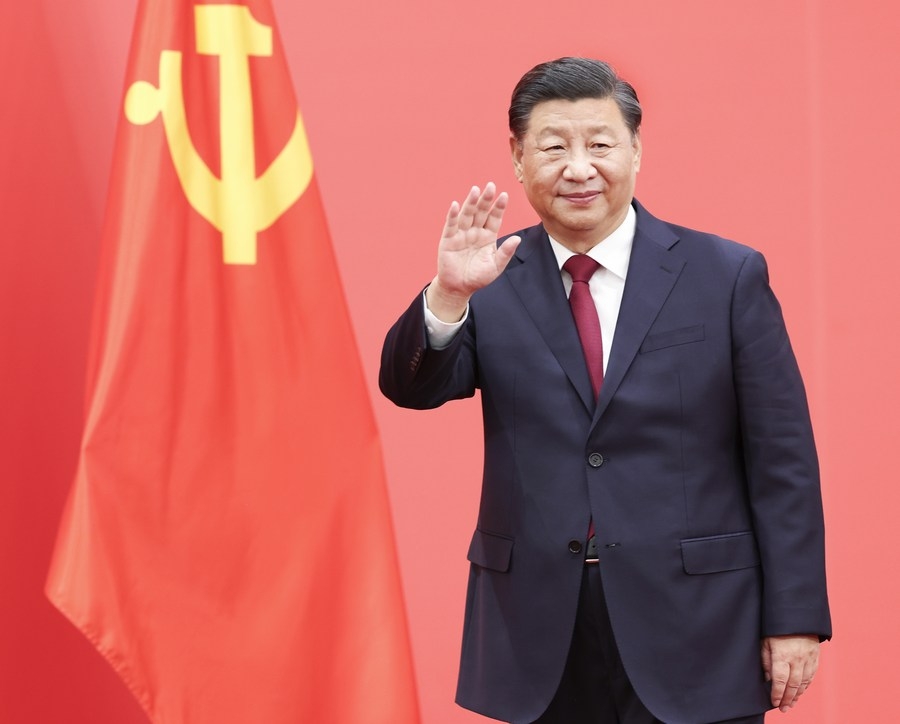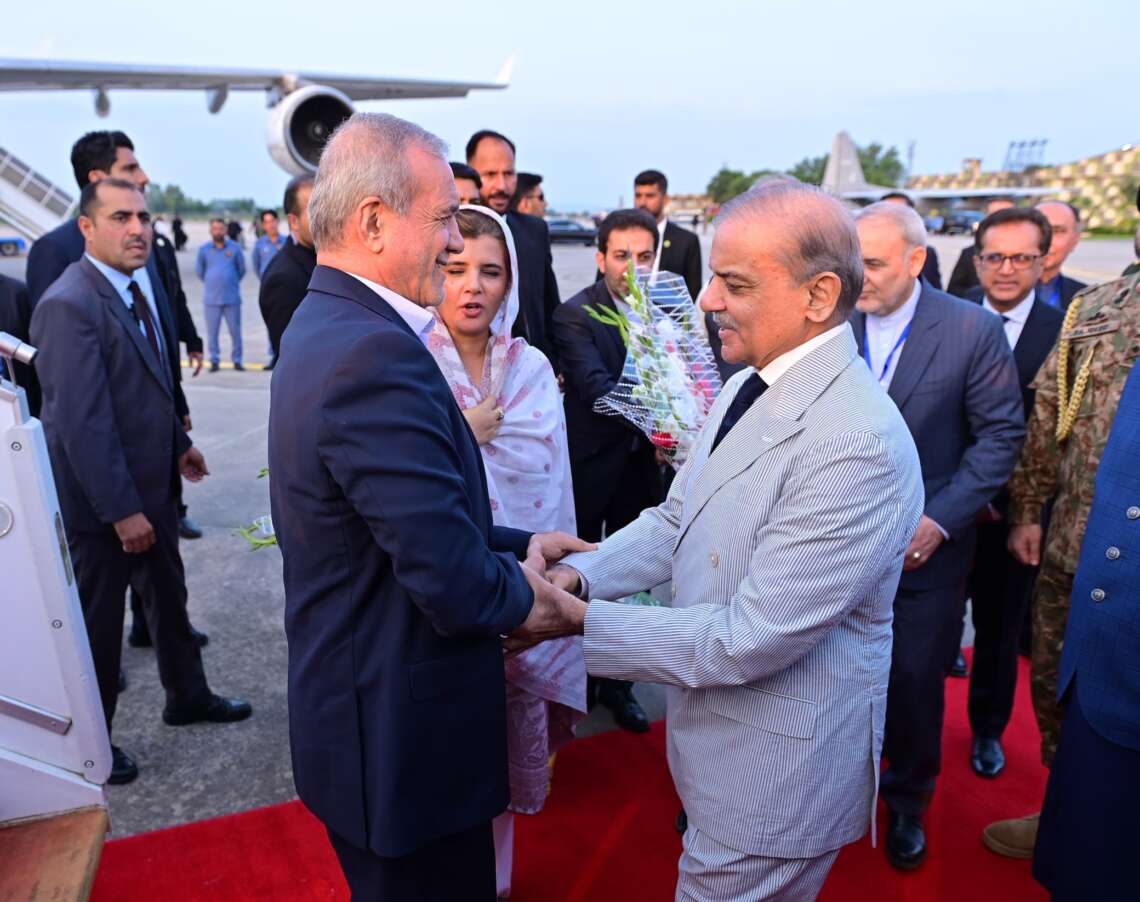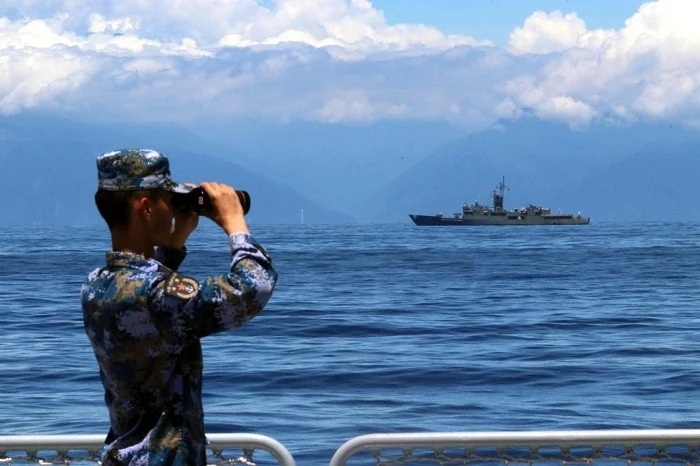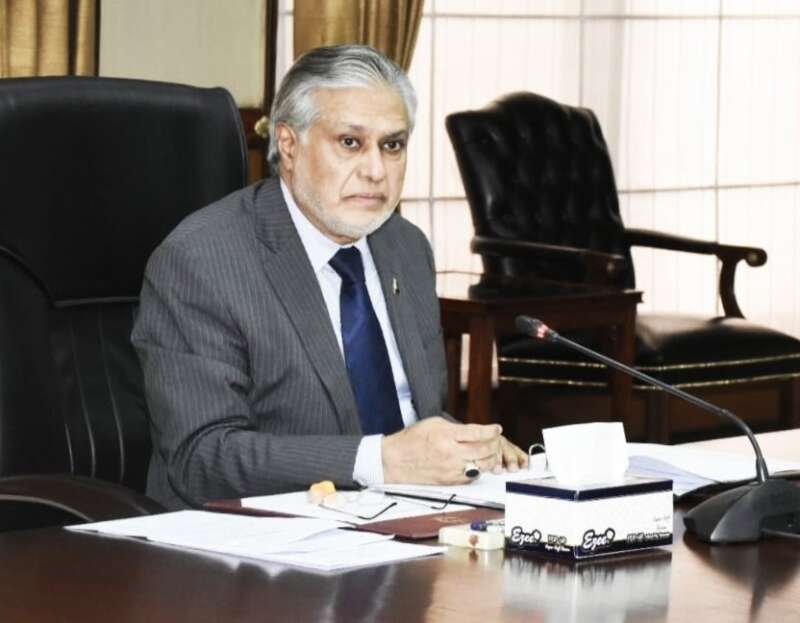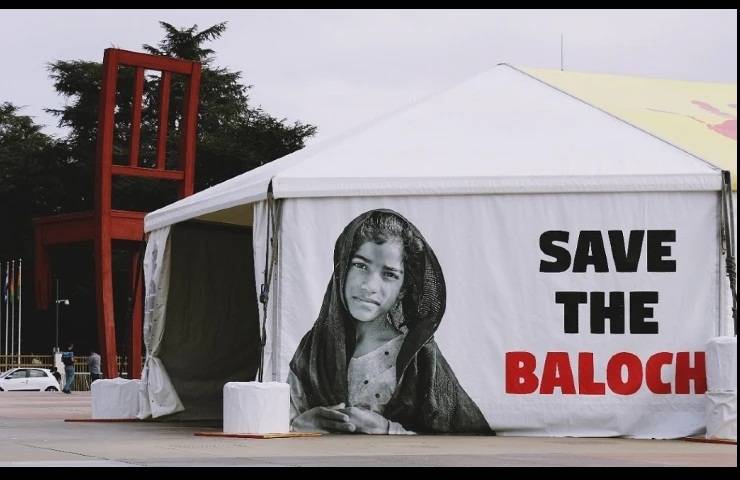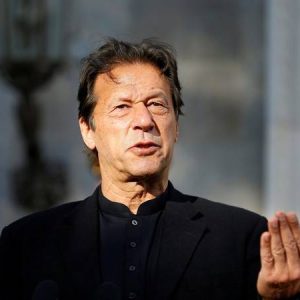This diplomatic push positioning China as a key global powerbroker can trace its roots to the “rejuvenation of the Chinese nation”…reports Asian Lite News
On the diplomatic front, China has wasted no time since emerging from Covid isolation.
In the last few months, President Xi Jinping has met Russia’s Vladimir Putin; hosted several world leaders, including Brazil President Luiz Inacio Lula da Silva who arrived this week; sent a top envoy to court Europe; and presented a 12-point solution to the Ukraine war, BBC reported.
Beijing also brokered a detente between Saudi Arabia and Iran in what is one of China’s biggest diplomatic coups; that it pulled this off in the Middle East, where US intervention has been mired in difficulties and failure, is especially significant, BBC reported.
At the same time, Beijing has unveiled various proposals for global security and development – a clear sign it is wooing the “global south” as it did with the earlier Belt and Road initiative where it poured billions into other countries.
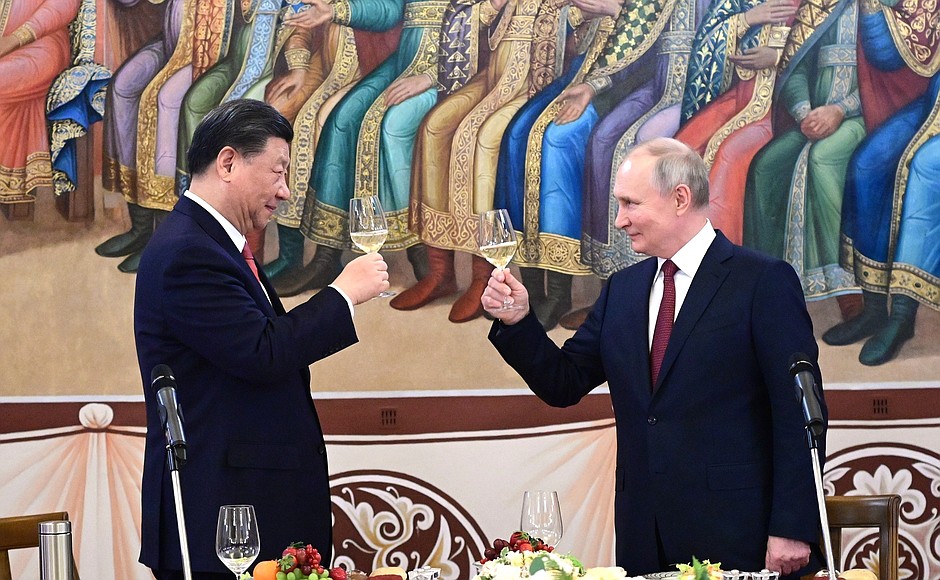
This diplomatic push positioning China as a key global powerbroker can trace its roots to the “rejuvenation of the Chinese nation”, a long-held nationalist concept that sees the Middle Kingdom reclaiming its central position in the world, BBC reported.
But it is not just about spreading the gospel of the Chinese way – much of it is also aimed at securing global economic ties.
“Xi knows that you can’t rejuvenate a Chinese nation without a good economy,” said Neil Thomas, a fellow in Chinese politics at the Asia Society Policy Institute, BBC reported.
China has the capability to directly attempt to alter the rules-based global order in every realm and across multiple regions, as a near-peer competitor that is increasingly pushing to change global norms and potentially threatening its neighbours, as per the 2023 Annual Threat Assessment Report of the US intelligence community.
The report said Chinese Communist Party (CCP) will continue with its efforts to achieve President Xi Jinping’s vision of making China the pre-eminent power in East Asia and a major power on the world stage.
The CCP will work to press Taiwan on unification, undercut US influence, drive wedges between Washington and its partners, and foster some norms that favour its authoritarian system.
Beijing sees increasingly competitive US-China relations as part of an epochal geopolitical shift and views Washington’s diplomatic, economic, military, and technological measures against Beijing as part of a broader US effort to prevent China’s rise and undermine CCP’s rule, the report said.
Beijing is increasingly combining growing military power with its economic, technological, and diplomatic influence to strengthen CCP’s rule, secure what it views as its sovereign territory and regional pre-eminence, and pursue global influence. The Chinese government is capable of leveraging its dominant positions in key global supply chains in an attempt to accomplish its goals, although probably not without significant cost to itself.
China uses coordinated, whole-of-government tools to demonstrate strength and compel neighbours to acquiesce to its preferences, including its land, sea, and air claims in the region and its assertions of sovereignty over Taiwan.
In the South China Sea, Beijing will continue to use growing numbers of air, naval, coast guard, and militia forces to intimidate rival claimants and to attempt to signal that China has effective control over the contested areas. Similarly, China is pressuring Japan over contested areas in the East China Sea, the report said.
European leaders have been making a beeline to Beijing, weighing their strategy toward China just as the US intensifies pressure to pick sides in the growing acrimony between the two superpowers, The New York Times reported.
The flurry of diplomatic activity coincides with China’s announcement of “unlimited partnership” with Russia and Beijing’s awkward effort to mediate the war in Ukraine. China’s growing closeness to Moscow has placed Europe in a difficult spot.
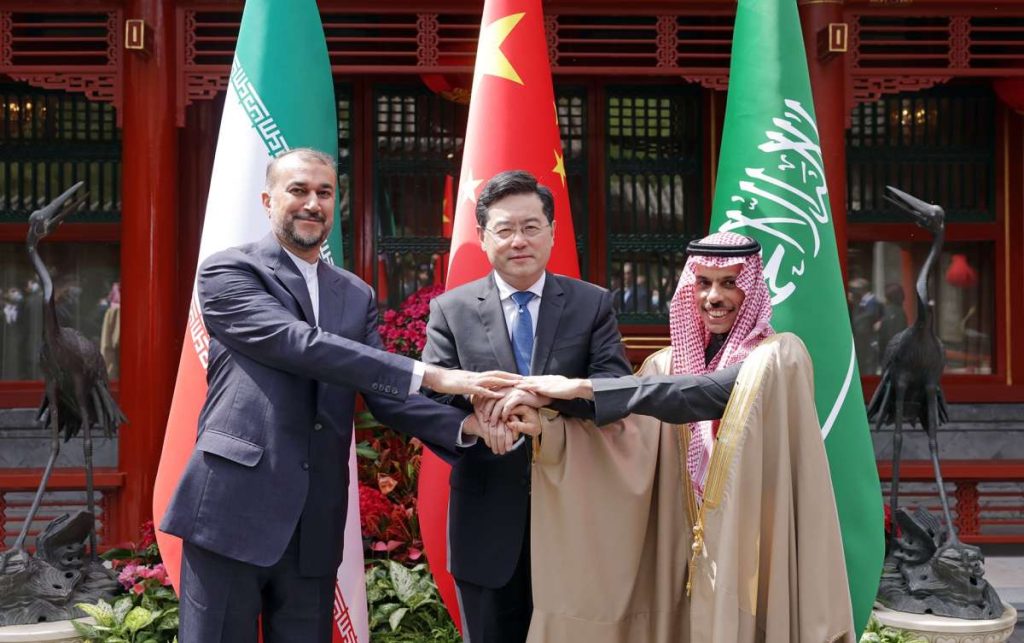
China would like nothing more than to divide Europe from the US, and is eager to stress that a better footing would not only be good for business, but also benefit Europe’s quest for “strategic autonomy” – maintaining its independence of action, even from the US, The New York Times reported.
French President Emmanuel Macron has flown into a storm of criticism after he said Europe should not become a “vassal” and must avoid being drawn into any conflict between the US and China over Taiwan, The Guardian reported.
The French President made the remarks in an interview on his plane after a three-day state visit to China, where he was accorded a red carpet welcome by Xi Jinping – a show of pageantry that alarmed some European China watchers.

Mujtaba Rahman, the head of Europe at the research firm Eurasia Group, said the timing of Macron’s latest comments was poor.
“To make these remarks as Chinese military exercises encircled Taiwan – and just after his state visit to China – was a mistake. It will be interpreted as appeasement of Beijing and a green light to Chinese aggression,” Rahman said, The Guardian reported.
Russia risks becoming an “economic colony” of China as its isolation from the West deepens after the invasion of Ukraine, CIA Director William Burns said, The Guardian reported.
“Russia is becoming more and more dependent on China and, in some respects, runs the risk of becoming an economic colony of China over time, dependent for export of energy resources and raw materials,” Burns said at an event at Rice University in Houston.


